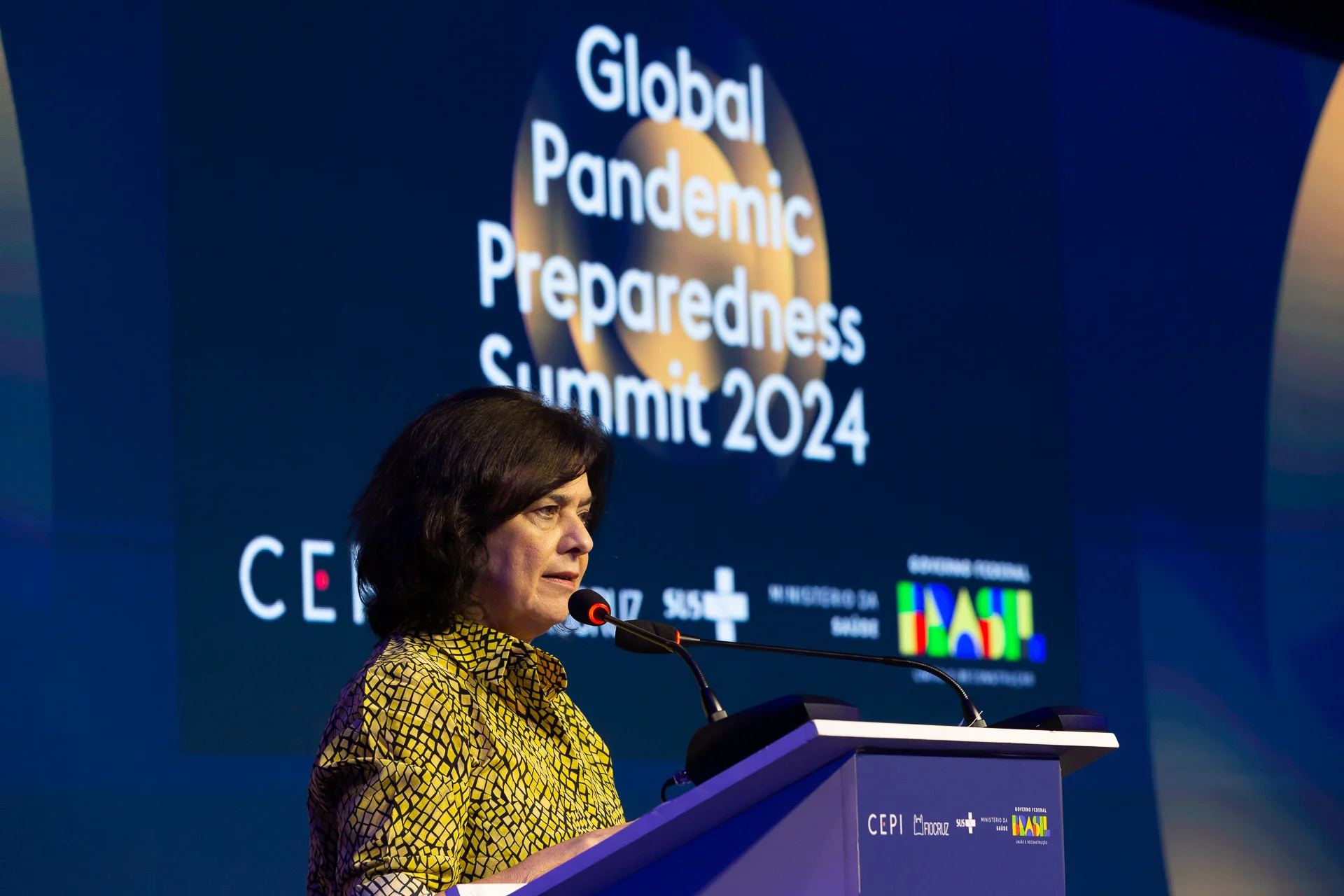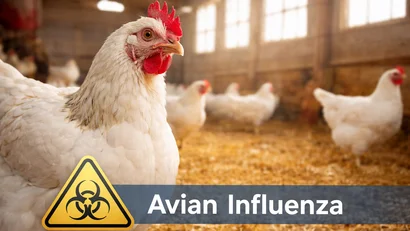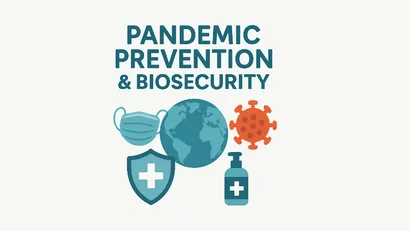Reflections from Hub collaboration partner CEPI on the 2024 Global Pandemic Preparedness Summit

CEPI reports on how participants from over 50 countries reinvigorated momentum for pandemic preparedness and response during the 2024 Global Pandemic Preparedness Summit.
Global Summit reinvigorates efforts to prepare for future pandemics
On July 29-30, 2024, The Ministry of Health, Brazil, Fundação Oswaldo Cruz (Fiocruz), and the Coalition for Epidemic Preparedness Innovations (CEPI) hosted The Global Pandemic Preparedness Summit 2024 in Rio de Janeiro, Brazil.
The Summit—held during Brazil’s G20 presidency and co-designed with FIND, IPPS, PAHO, Unitaid and the WHO—aimed to reinvigorate momentum for pandemic preparedness and response, helping to ensure that we can end future infectious disease outbreaks faster and more equitably.
Over 80 expert speakers and 350+ delegates, from over 50 countries, representing governments, philanthropy, civil society, industry and global health organisations gathered at the Summit.
Summit focus areas and key discussions
The Summit agenda centred on three complementary themes—each aligned with Brazil’s G20 Health Working Group priorities—which are key to enabling swift and equitable epidemic and pandemic responses.
Participants focussed on seeking alignment on progress as well as articulating barriers and solutions across the three themes:
• Enhancing global disease surveillance.
• Delivering the 100 Days Mission for vaccines, diagnostics and therapeutics.
• Enabling equitable access to vaccines, medicines and other health technologies through strengthening local and regional R&D and production capacity.
Conversations centred around efforts to ramp up disease surveillance, regional manufacturing and access to health tools and countermeasures that could combat epidemic and pandemic threats in as little as 100 days. The ambitious 100 Days Mission, spearheaded by CEPI and embraced by G7 and G20 nations, seeks to develop vaccines, diagnostics and therapeutics against a novel viral threat in just over a three-month period. Achieving this goal would give the world a fighting chance at stopping the next pandemic in its tracks.
Other discussions delved into whether the world is ready for a zoonotic influenza pandemic, how climate change is heightening epidemic risk, pandemic financing and the latest developments with the Pandemic Agreement negotiations.
The summit programme can be accessed here.
Watch the full summit proceedings here.
Key announcements
Global health partners used the unique Summit platform to announce new commitments and initiatives to advance global pandemic preparedness, including the publication of the WHO-led work on pathogen families—a significant contribution to the global ecosystem that signals broader global consensus on this approach and provides a framework for collaboration; and the Rio de Janeiro Declaration, signed by a distinguished group of Global South partners, which calls for health sovereignty in innovation and R&D in the Global South.
See the Rio de Janeiro Declaration here
Other important pandemic preparedness developments from the Summit included:
- Bio-Manguinhos/Fiocruz joining CEPI’s growing network of vaccine producers in the Global South.
- The launch of FIND’s Pathogen Diagnostic Readiness Index (PDxRI), a comprehensive tool for evaluating diagnostic preparedness by assessing the global availability of diagnostics for 21 pathogens with outbreak-, epidemic- and pandemic potential.
- Announcement of the Regionalized Vaccine Manufacturing Collaborative’s new strategy to support the establishment of regional vaccine manufacturing and supply chain networks to produce vaccines for routine use, with readiness for manufacturing of outbreak vaccines.
- Announcement of a new trial, funded by CEPI and the Canadian Institutes of Health Research, which will take place in the Democratic Republic of Congo and neighbouring countries assessing whether post-exposure vaccination could protect against mpox.
- CEPI and ISARIC outlining their collaboration to align research across vaccines and therapeutics to streamline their activities and accelerate the response to future disease threats.
This was the second Global Pandemic Preparedness Summit—an outcome report and recommendations from the Summit will be published in the coming weeks. The inaugural Summit was co-hosted by CEPI and the UK Government in March 2022 (2022 report available here).
As a collaboration partner of the Global Health Hub Germany, we invited the Coalition for Epidemic Preparedness Innovations (CEPI) to share their insights from the Summit. The report is written from the organisation's subjective viewpoint and invites readers to see the conference from their perspective.
Image: CEPI
Related Articles


![[Translate to English:] [Translate to English:]](/fileadmin/_processed_/1/1/csm_20251215_AvianInfluenzaAI_4b4f25def7.webp)